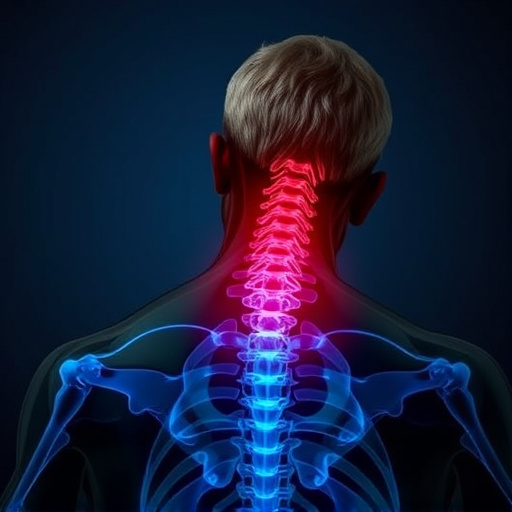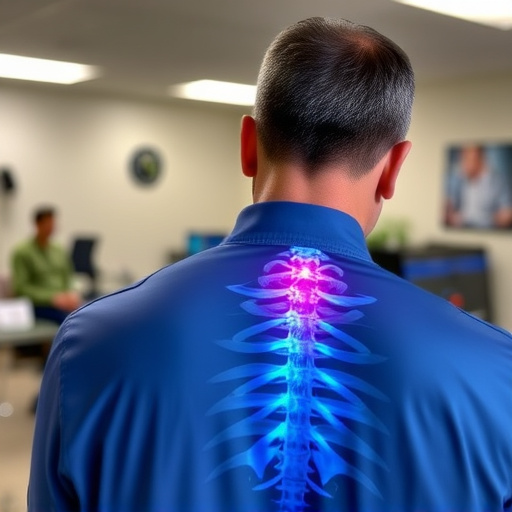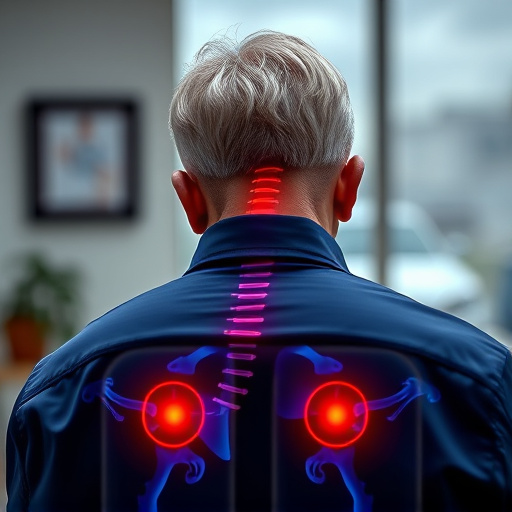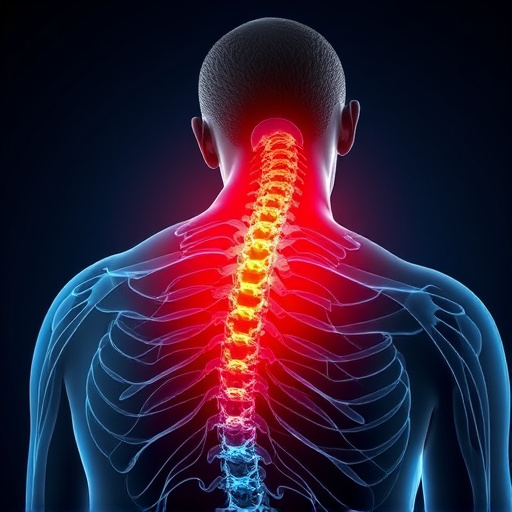Workers' Compensation is a vital program offering financial security and support to employees injured on the job, covering medical expenses, lost wages, and rehabilitation services. Understanding the claims process, immediate first aid, and comprehensive incident documentation are crucial for efficient treatment and fair compensation. Accurate medical attention, including emergency response, specialized treatments, and psychological support, ensures successful recovery. Navigating claims requires proactive steps, thorough documentation, and adherence to healthcare recommendations. Holistic workers' compensation injury care integrates psychological support, rehabilitation, and vocational services for comprehensive long-term recovery.
“In the event of an on-the-job accident, prompt and comprehensive care is paramount. This article guides you through the essential aspects of managing such incidents, focusing on workers’ compensation and its integral role in injury care. We’ll explore immediate steps for optimal recovery, from accessing quality medical treatment to navigating claims processes. Additionally, we delve into psychological support, legal considerations, and the rights of employed individuals post-injury, ensuring a holistic understanding of workers’ compensation injury care.”
- Understanding Workers' Compensation and Its Role in Injury Care
- Immediate Steps After an On-the-Job Accident
- Accessing Quality Medical Treatment for Optimal Recovery
- Navigating the Claims Process: Rights and Expectations
- Psychological Support and Rehabilitation for Long-Term Well-being
- Legal Considerations and Employed Person's Rights Following an Injury
Understanding Workers' Compensation and Its Role in Injury Care

Workers’ Compensation is a crucial system designed to provide support and financial security for employees who suffer injuries or illnesses related to their work. This government-backed program plays a pivotal role in ensuring that victims of workplace accidents receive adequate care and compensation. When an employee sustains a work-related injury, understanding the scope of Workers’ Compensation benefits is essential for both the victim and employers.
The process involves filing a claim with the relevant authority, where medical expenses, lost wages, and rehabilitation services are typically covered. This system aims to protect workers from facing financial hardship due to unforeseen injuries on the job. Efficient navigation of Workers’ Compensation can ensure that accident victims receive the necessary care while pursuing their rights to fair compensation for their work-related harm.
Immediate Steps After an On-the-Job Accident

In the immediate aftermath of an on-the-job accident, the priority should be on ensuring immediate safety and rendering first aid. Workers should be removed from the hazard zone and any life-threatening injuries attended to promptly. It’s crucial to alert relevant authorities or emergency services without delay if serious injuries are suspected.
Following this initial response, documenting the incident becomes essential for workers compensation injury care. This includes gathering details about the accident, such as when and where it occurred, the circumstances leading up to it, and any witnesses present. Additionally, seeking prompt medical attention is vital for proper treatment and to establish a clear record of injuries for potential workers’ compensation claims.
Accessing Quality Medical Treatment for Optimal Recovery

Accident victims deserve prompt and comprehensive medical care, especially when seeking workers’ compensation injury care. Accessing quality treatment is paramount for a successful recovery and ensuring that all necessary steps are taken to manage pain, prevent complications, and restore functionality. This involves a multi-faceted approach where specialized healthcare professionals collaborate to provide optimal care tailored to each individual’s unique needs.
Timely intervention through emergency medical services or primary care providers is crucial. From there, victims may require specialist consultations for conditions like physical therapy, chiropractic care, or rehabilitation to regain mobility and strength. Additionally, psychological support should not be overlooked, as managing the emotional impact of an accident is integral to overall well-being during the recovery process.
Navigating the Claims Process: Rights and Expectations

Navigating the claims process after an accident, especially a workers’ compensation injury, can be daunting for many individuals. It’s crucial to understand your rights and expectations from the outset. The first step is to seek appropriate medical care for your injuries. This should include comprehensive treatments recommended by healthcare professionals, ensuring you receive the best possible recovery outcomes.
During this time, it’s essential to document all interactions with insurance providers, healthcare suppliers, and legal representatives. Keep records of any communications, including emails, letters, and notes from appointments. These documents will be invaluable when filing your claim and advocating for your workers’ compensation injury care.
Psychological Support and Rehabilitation for Long-Term Well-being

Accident victims often face a long road to recovery, and psychological support is an integral part of their journey. The impact of a traumatic event can lead to significant mental health challenges, including anxiety, depression, and post-traumatic stress disorder (PTSD). Therefore, providing comprehensive psychological care is essential for long-term well-being. This includes access to counseling services, therapy sessions, and support groups where individuals can process their experiences, manage emotions, and develop coping strategies.
Rehabilitation plays a crucial role in helping accident victims regain independence and return to their pre-injury lifestyles. It involves a multi-faceted approach, including physical therapy for recovery and restoration of bodily functions, as well as vocational rehabilitation to support the victim’s return to work. Workers compensation injury care should encompass these holistic elements, ensuring that psychological and rehabilitative services are readily available and tailored to the unique needs of each individual, fostering a smoother transition back into daily routines and promoting overall mental resilience.
Legal Considerations and Employed Person's Rights Following an Injury

Following an accident at work, legal considerations and understanding one’s rights are crucial aspects of workers’ compensation injury care. Many countries have established laws and regulations to protect employees who sustain injuries or develop illnesses related to their jobs. These legal frameworks ensure that employers provide proper medical treatment, rehabilitation, and financial support during the recovery process.
Employed individuals injured on the job have specific rights under these laws. This includes access to quality healthcare, reimbursement for medical expenses, and potentially, compensation for lost wages. The process often involves filing a claim with the appropriate workers’ compensation board or insurance provider. It is essential for victims to be aware of their entitlements and navigate the legal system to ensure they receive adequate care and support during their recovery journey.














